In the Developmental Psychology unit, AP Psychology students took part in an experiment where they were responsible for an egg as it went through the different developmental states. This served as the perfect opportunity for students to explore the various parenting styles.
Over seven days, students parented the egg as it went through the stages of development from ages 0-18. Some students who were lucky enough got twins, while most had one male or one female egg.
“My favorite part was when people would come up and ask about [my egg],” senior Julianne Friedson told The Fanscotian. “It was so fun to share about the egg baby and the whole project.”
The first step to this eggsperiment was picking a name. Many students choose creative names including “Shelley,” “Benedict” and “Gregg.” The selected names also had to have some sort of significance or familial connection as one would choose with their real baby.
In addition to giving their egg a name, students decorated them and gave them nice places to live. Many students decorated containers with lots of paper towels and cushioning to support their egg and ensure that it lived a long life. If an egg did happen to crack and die at a young age, students were required to complete an egg obituary reflecting on the life of their egg.
In terms of caring for the egg, students were required to take it with them everywhere they went and make arrangements when they needed a babysitter. At the beginning of the eggsperiment, students filled out a caregiver sheet with the names and signatures of the people who could be trusted to watch their egg. Although, students were not allowed to leave their egg with a babysitter for more than four hours at a time.
The main purpose of the eggsperiment was to teach students about parenting styles including authoritarian, authoritative, permissive and uninvolved. Students got to choose what type of parent they wanted to be and ultimately how involved they would be in the life of their egg. Additionally, students learned about the developmental stages and milestones including theories of Piagent, Erikson and Kohlberg.
“I definitely parented my egg differently from how I originally expected. It made me realize that decision making is so much harder as a parent because you have to take both your feelings and your kids’ feelings into account,” senior Lily Peskin said.
In order to fully grasp these concepts, students completed a conflict resolution packet. For the eggsperiment, each day represented a new stage of the egg’s life. Everyday, students were given one conflict they had to solve using their selected parenting style.
“The biggest thing I learned was how much work it is to care for a child. I didn’t realize how much effort goes into it and the responsibility that comes with caring for someone else,” Friedson said.
After seven days of caring for the egg, students created a “Baby Book” to show the milestones of their egg during its developmental stages. These books included photos, drawings, awards, birthday cards and anything else that was important to the egg.
“I loved making the baby book at the end because I got to be really creative with it and I enjoyed getting pictures of my egg with my friends,” Peskin said. “[The experiment] was really funny because I always had the egg with me, so I brought it to Starbucks and Dunkin a couple of times.”


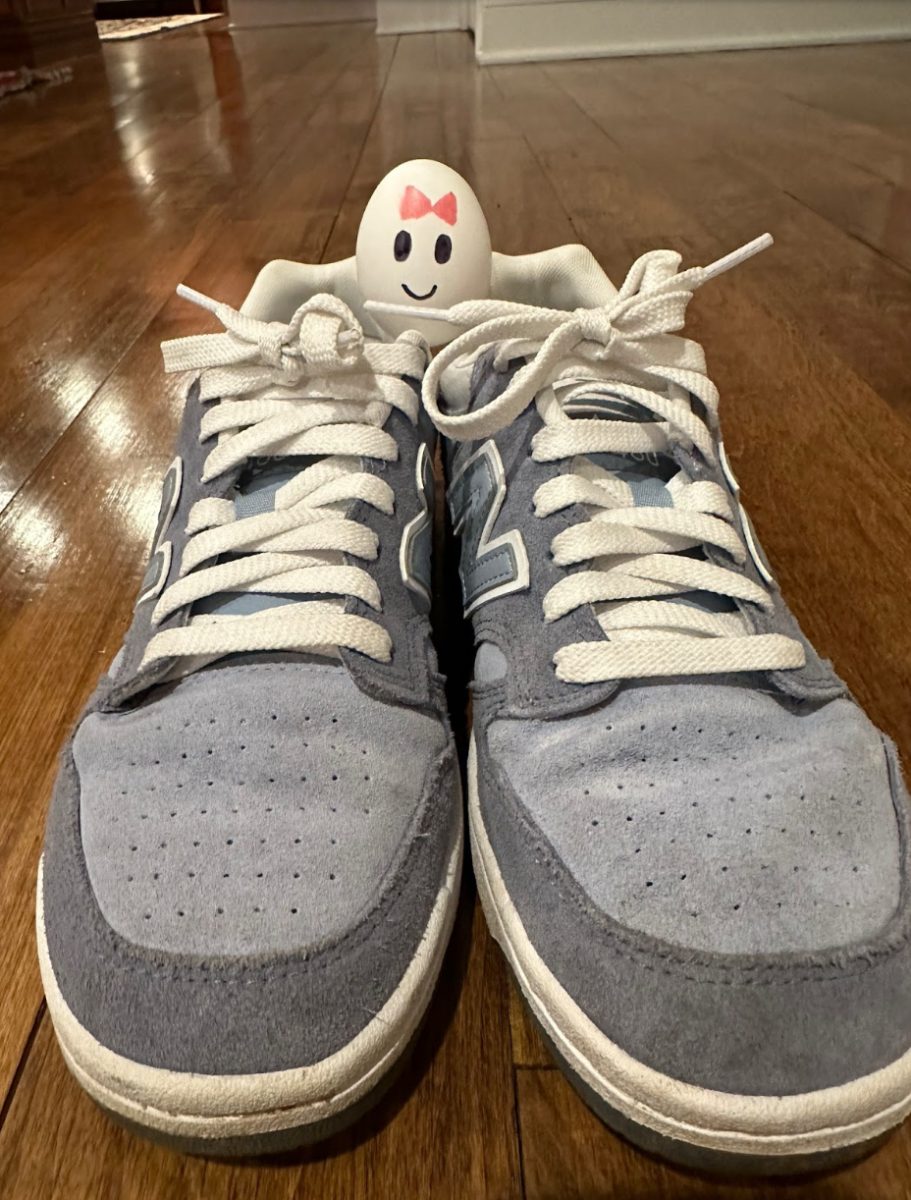

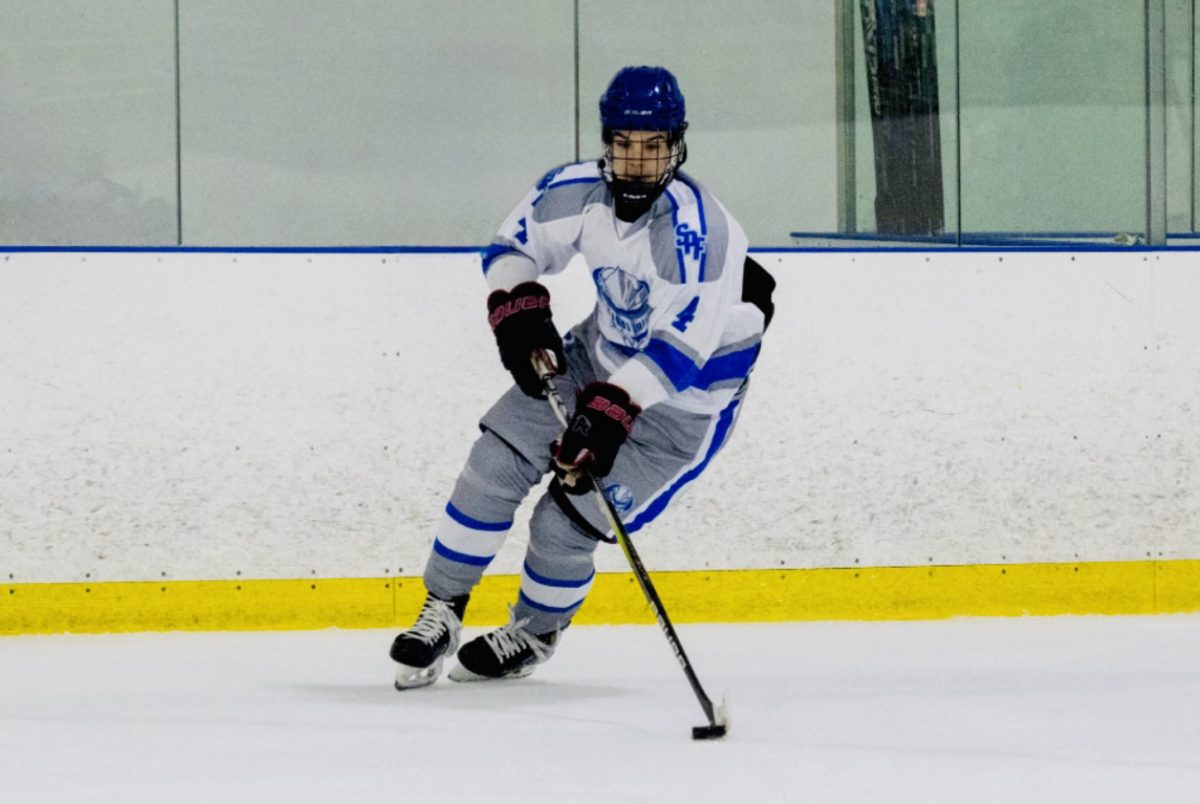
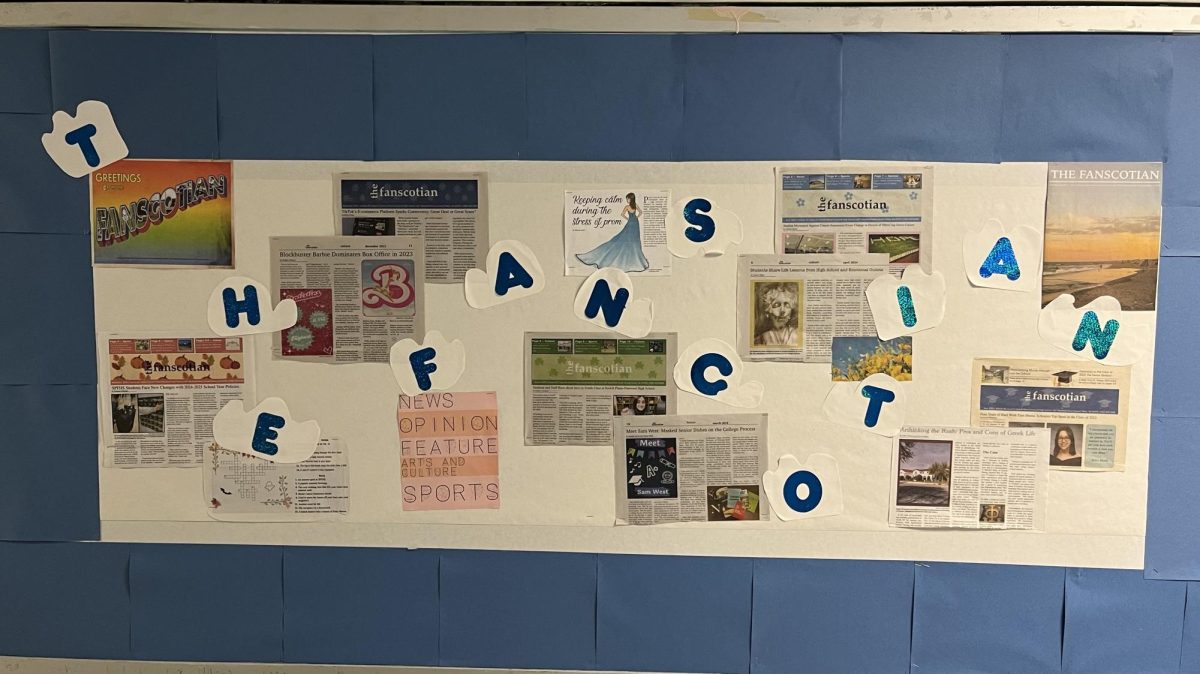
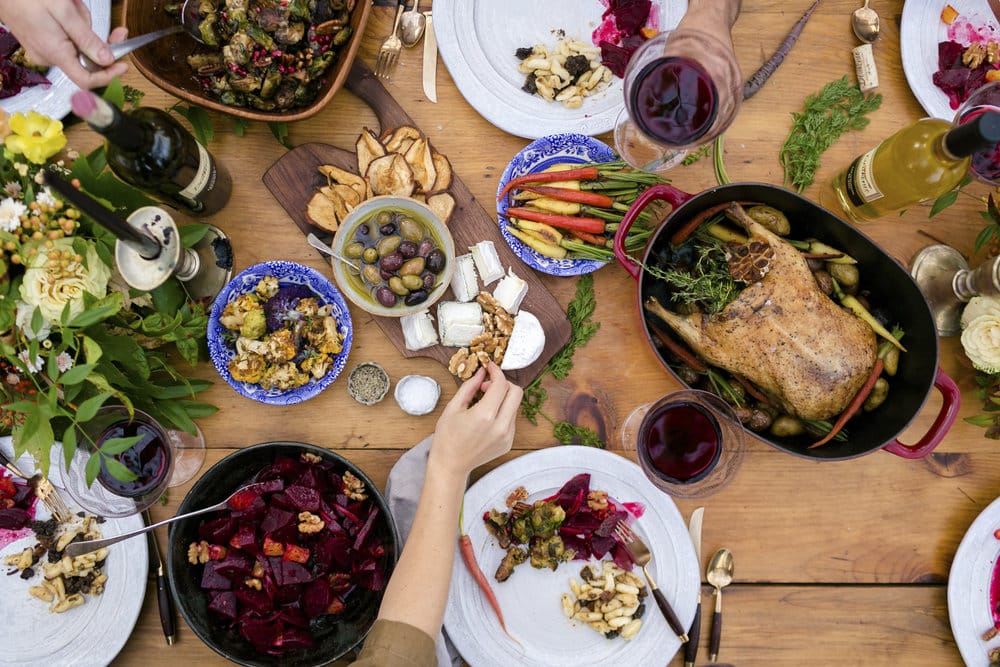
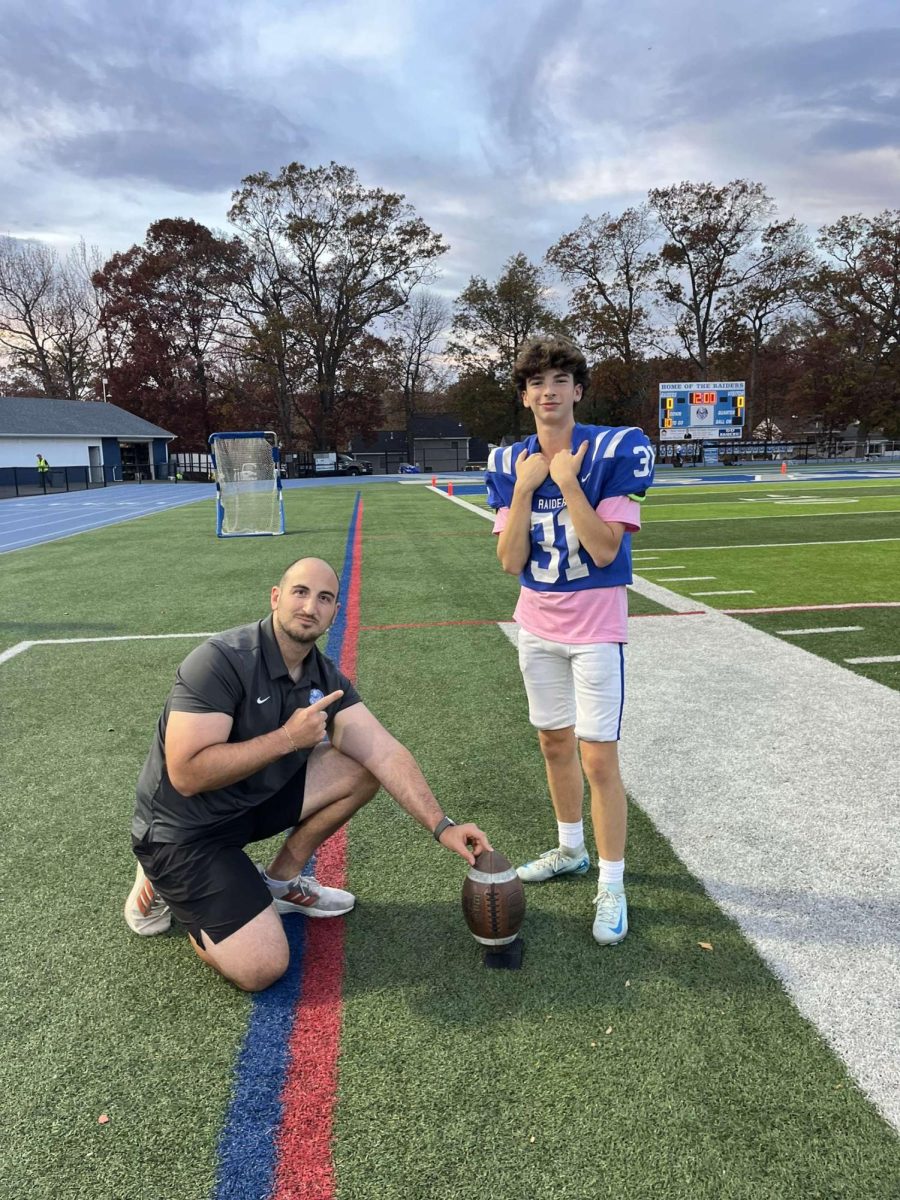
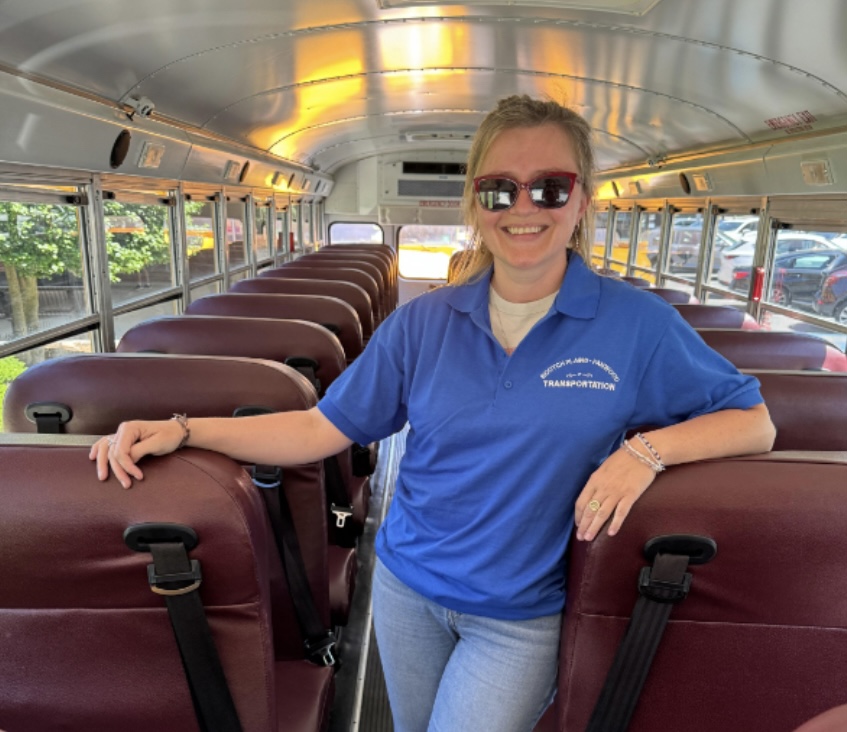

Bart • Mar 16, 2024 at 11:33 am
Back in the 80’s, during this same experiment, there was an Egg-Knapping that changed the entire scenario. LOL